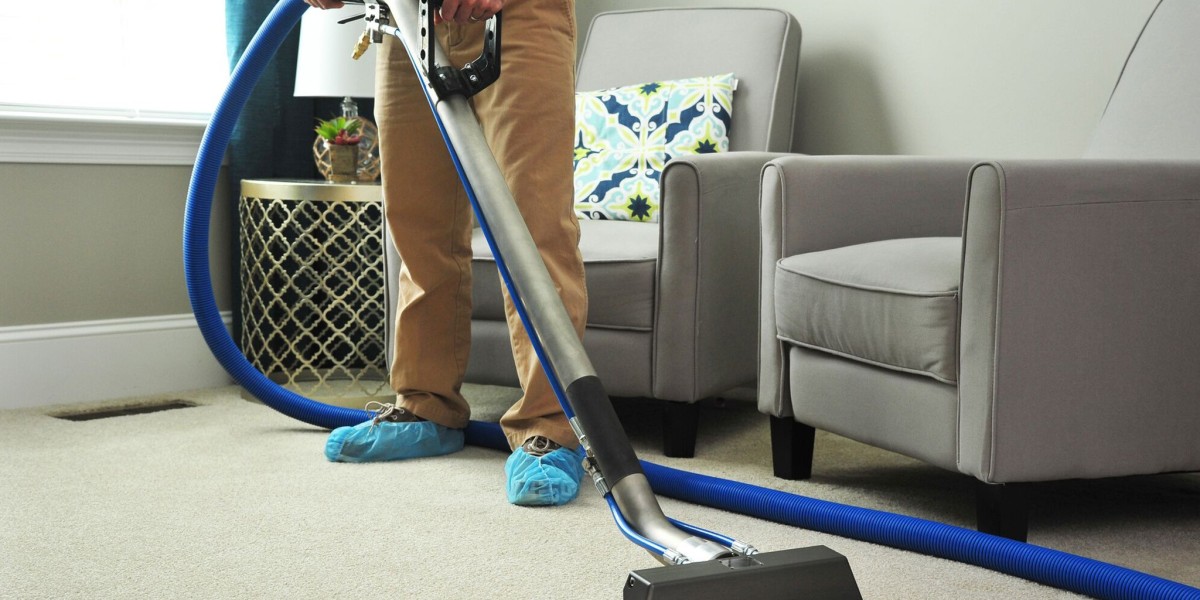In a sale-leaseback (or sale and leaseback), a company sells its industrial genuine estate to an investor for cash and at the same time gets in into a long-term lease with the new residential or commercial property owner. In doing so, the company extracts 100% of the residential or commercial property's worth and converts an otherwise illiquid asset into working capital, while keeping full functional control of the center. This is a fantastic capital tool for business not in business of owning property, as their real estate properties represent a significant money worth that could be redeployed into higher-earning segments of their business to support development.
What Are the Benefits?

Sale-leasebacks are an attractive capital raising tool for lots of companies and use an alternative to traditional bank funding. Whether a company is seeking to buy R&D, expand into a brand-new market, fund an M&A deal, or simply de-lever, sale-leasebacks function as a tactical capital allowance tool to money both internal and external growth in all market conditions.
Key Benefits Include:
- Immediate access to capital to reinvest in core business operations and growth initiatives with greater equity returns.
- 100% market worth awareness of otherwise illiquid possessions compared to financial obligation alternatives.
- Alternative capital source when conventional funding is unavailable or limited.
- Ability to maintain functional control of genuine estate with no disturbance to day-to-day operations.
- Potential to acquire a long-term partner with the capital to money future expansions, constructing remodellings, energy retrofits and more.
Who Gets approved for a Sale-Leaseback?
There are numerous aspects that identify whether a sale-leaseback is the ideal suitable for a company. To be eligible, business need to meet the following criteria:
Own Their Realty
The very first and most obvious criterion for certification is that the business owns its realty or have an option to buy any existing rented area. Manufacturing centers, corporate head offices, retail areas, and other forms of realty can be prospective prospects for a sale-leaseback. Unlocking the worth of these locations and redeploying that capital into greater yielding parts of business is an essential chauffeur for business pursuing sale-leasebacks.

Be Willing to Commit to Operating in the Space
While the regard to the lease in a sale-leaseback can vary, most investors will want a dedication from a future occupant to inhabit the area for a 10+ year term. Assets important to a business's operations are typically good candidates for a sale-leaseback because a business is willing to sign a long-lasting lease for those places. This makes it a more attractive investment for sale-leaseback investors as they have more security that the renter will remain in the center for the long term.
Have a Strong Credit Profile
Companies do not need to be investment-grade quality to pursue a sale-leaseback. However, some credit report is usually needed so the sale-leaseback investor knows that business can make rental payments over the course of the lease. Sub-investment-grade businesses are still eligible as long as they have a strong performance history of revenue and cashflow from which to judge their credit reliability; nevertheless, they may need to discover a financier who has the underwriting abilities to evaluate their business. Minimum earnings and profitability requirements will differ based firm to firm, so it's best to inquire about this upfront before engaging with any particular sale-leaseback partner.
Qualities to Try to find in a Sale-leaseback Investor

When thinking about a sale-leaseback, discovering the best buyer is critical in order to make sure a business is maximizing the worth of their genuine estate. Here are a few of the essential qualities to try to find in a sale-leaseback financier.
Experience
An educated investor can provide more flexibility and guide sellers through the process, developing customized offer structures to fulfill all of a company's unique objectives and avoid potential risks. Additionally, experienced financiers can usually navigate all market cycles and offer certainty of close (some in as little as 30 days), ensuring the deal closes in a timeframe that works for the company and their fiscal requirements.
An All-Equity Buyer
When searching for a sale-leaseback partner, finding an all-equity buyer is important, especially when dealing with timing constraints. All-equity buyers don't need to stress over third-party financial obligation or funding contingencies, indicating there's less possibility of a re-trade in the late stages of settlement. All-equity buyers can also generally close much faster as they do not need to wait on approval from banks or lenders, providing a smoother process in general.
A Long-Term Real Estate Holder
Finding a long-lasting financier is important. Sellers do not want somebody who is just aiming to turn a residential or commercial property for a quick profit. Instead, try to find a financier who will stay a committed partner to you over the long term and one that can supply capital for future projects such as expansions, renovations, or energy retrofits.
Diverse Knowledge and Experience

Different markets, residential or commercial property types and areas need distinct expertise to effectively and efficiently partner with sellers to structure a deal that attend to the requirements of all celebrations. Working with a financier with experience in the business's specific industry, residential or commercial property type and/or nation ensures that all potential dangers and chances are considered before participating in a sale-leaseback contract. For example, if you are thinking about a cross-border, multi-country transaction it's crucial you try to find an investor with local teams in those countries who speak the language and comprehend the regional rules.
When looking into a sale-leaseback, another term business may experience is a build-to-suit. In a build-to-suit, a company funds and manages the building of a brand-new facility or expansion of an existing one to satisfy the specifications of a prospective or existing occupant. Upon conclusion, the company enters into a long-lasting lease, comparable to a sale-leaseback. For companies trying to find a brand-new residential or commercial property, this is a great option that needs no in advance capital.
The Main Benefits of Build-to-Suits Include:
- Development of a custom-made center in a place of the business's choice.
- No in advance capital needed, allowing the business to protect capital for its company.
- Ability to keep functional control of the center post building and construction.
- Potential to gain a long-term partner with the capital to money future growths, developing renovations, energy retrofits and more.
While sale-leasebacks might appear intimidating for business who have never pursued one, dealing with an experienced and well-capitalized financier can make the procedure simple. When dealing with an investor like W. P. Carey, sellers can ensure they are working with a partner that can comprehend the unique requirements of their service while having actually the added option of closing in as little as one month and the added benefit of getting a long-term partner who can support its tenants through versatility and extra capital need to they wish to pursue follow-on jobs such as expansions or energy retrofits as their company and property needs progress. In all market conditions, sale-leasebacks are a terrific funding tool to unlock otherwise illiquid capital that can be reinvested into a business's business to support future growth.
Think a sale-leaseback is right for your business? Contact our group today!






